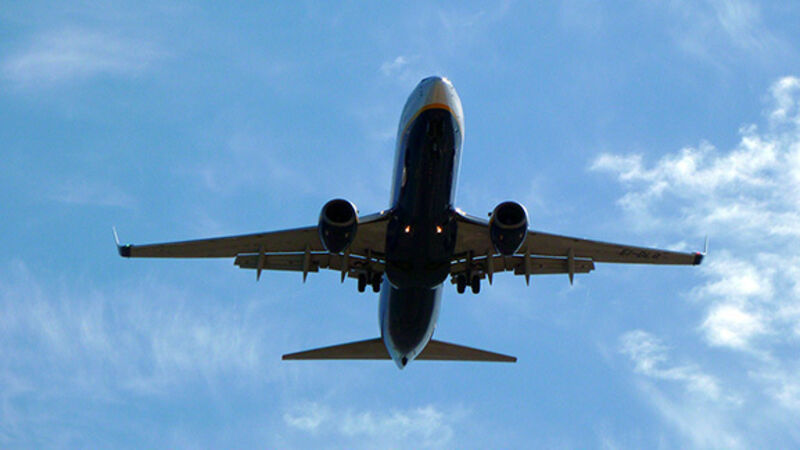The future of flying: Golden age of air travel may be over

The 50th anniversary of the Woodstock music festival, that symbolic but remote frolic in the mud that celebrated the day’s counterculture, has been celebrated with gusto in recent days, even if the 1969 audience is now probably more interested in free travel than free love.
That Bethel, New York, Rubicon heralded, or rather endorsed, a huge change in how we live, but another less colourful development that accelerated from that moment has had a far greater social and environmental impact.
















